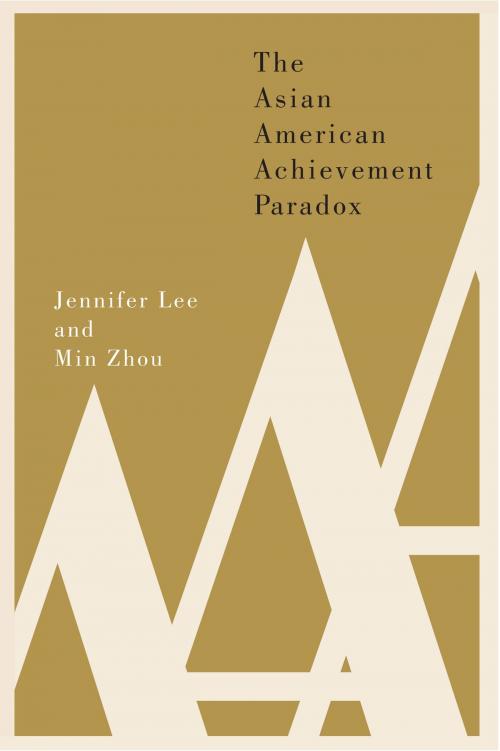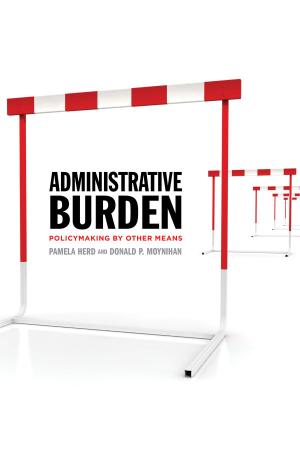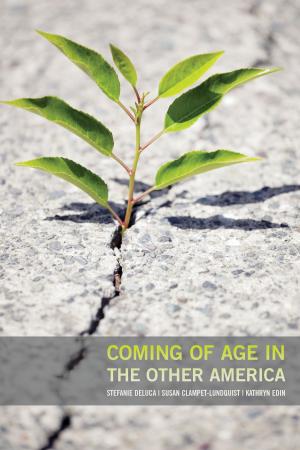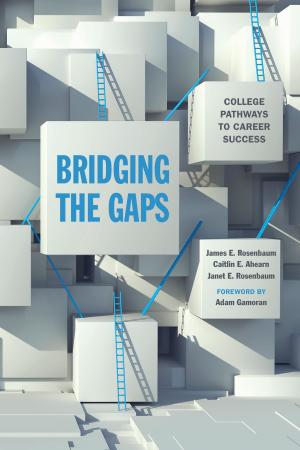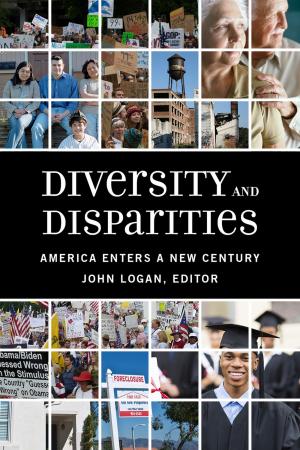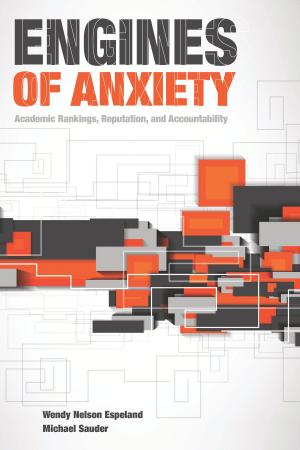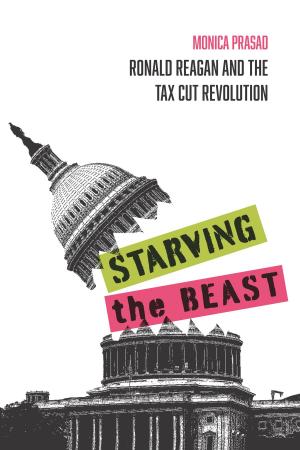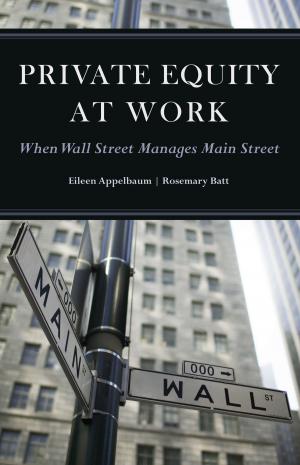The Asian American Achievement Paradox
Nonfiction, Social & Cultural Studies, Social Science, Cultural Studies, Ethnic Studies, Sociology| Author: | Jennifer Lee, Min Zhou | ISBN: | 9781610448505 |
| Publisher: | Russell Sage Foundation | Publication: | June 30, 2015 |
| Imprint: | Russell Sage Foundation | Language: | English |
| Author: | Jennifer Lee, Min Zhou |
| ISBN: | 9781610448505 |
| Publisher: | Russell Sage Foundation |
| Publication: | June 30, 2015 |
| Imprint: | Russell Sage Foundation |
| Language: | English |
Asian Americans are often stereotyped as the “model minority.” Their sizeable presence at elite universities and high household incomes have helped construct the narrative of Asian American “exceptionalism.” While many scholars and activists characterize this as a myth, pundits claim that Asian Americans’ educational attainment is the result of unique cultural values. In The Asian American Achievement Paradox, sociologists Jennifer Lee and Min Zhou offer a compelling account of the academic achievement of the children of Asian immigrants. Drawing on in-depth interviews with the adult children of Chinese immigrants and Vietnamese refugees and survey data, Lee and Zhou bridge sociology and social psychology to explain how immigration laws, institutions, and culture interact to foster high achievement among certain Asian American groups. For the Chinese and Vietnamese in Los Angeles, Lee and Zhou find that the educational attainment of the second generation is strikingly similar, despite the vastly different socioeconomic profiles of their immigrant parents. Because immigration policies after 1965 favor individuals with higher levels of education and professional skills, many Asian immigrants are highly educated when they arrive in the United States. They bring a specific “success frame,” which is strictly defined as earning a degree from an elite university and working in a high-status field. This success frame is reinforced in many local Asian communities, which make resources such as college preparation courses and tutoring available to group members, including their low-income members. While the success frame accounts for part of Asian Americans’ high rates of achievement, Lee and Zhou also find that institutions, such as public schools, are crucial in supporting the cycle of Asian American achievement. Teachers and guidance counselors, for example, who presume that Asian American students are smart, disciplined, and studious, provide them with extra help and steer them toward competitive academic programs. These institutional advantages, in turn, lead to better academic performance and outcomes among Asian American students. Yet the expectations of high achievement come with a cost: the notion of Asian American success creates an “achievement paradox” in which Asian Americans who do not fit the success frame feel like failures or racial outliers. While pundits ascribe Asian American success to the assumed superior traits intrinsic to Asian culture, Lee and Zhou show how historical, cultural, and institutional elements work together to confer advantages to specific populations. An insightful counter to notions of culture based on stereotypes, The Asian American Achievement Paradox offers a deft and nuanced understanding how and why certain immigrant groups succeed.
Asian Americans are often stereotyped as the “model minority.” Their sizeable presence at elite universities and high household incomes have helped construct the narrative of Asian American “exceptionalism.” While many scholars and activists characterize this as a myth, pundits claim that Asian Americans’ educational attainment is the result of unique cultural values. In The Asian American Achievement Paradox, sociologists Jennifer Lee and Min Zhou offer a compelling account of the academic achievement of the children of Asian immigrants. Drawing on in-depth interviews with the adult children of Chinese immigrants and Vietnamese refugees and survey data, Lee and Zhou bridge sociology and social psychology to explain how immigration laws, institutions, and culture interact to foster high achievement among certain Asian American groups. For the Chinese and Vietnamese in Los Angeles, Lee and Zhou find that the educational attainment of the second generation is strikingly similar, despite the vastly different socioeconomic profiles of their immigrant parents. Because immigration policies after 1965 favor individuals with higher levels of education and professional skills, many Asian immigrants are highly educated when they arrive in the United States. They bring a specific “success frame,” which is strictly defined as earning a degree from an elite university and working in a high-status field. This success frame is reinforced in many local Asian communities, which make resources such as college preparation courses and tutoring available to group members, including their low-income members. While the success frame accounts for part of Asian Americans’ high rates of achievement, Lee and Zhou also find that institutions, such as public schools, are crucial in supporting the cycle of Asian American achievement. Teachers and guidance counselors, for example, who presume that Asian American students are smart, disciplined, and studious, provide them with extra help and steer them toward competitive academic programs. These institutional advantages, in turn, lead to better academic performance and outcomes among Asian American students. Yet the expectations of high achievement come with a cost: the notion of Asian American success creates an “achievement paradox” in which Asian Americans who do not fit the success frame feel like failures or racial outliers. While pundits ascribe Asian American success to the assumed superior traits intrinsic to Asian culture, Lee and Zhou show how historical, cultural, and institutional elements work together to confer advantages to specific populations. An insightful counter to notions of culture based on stereotypes, The Asian American Achievement Paradox offers a deft and nuanced understanding how and why certain immigrant groups succeed.
